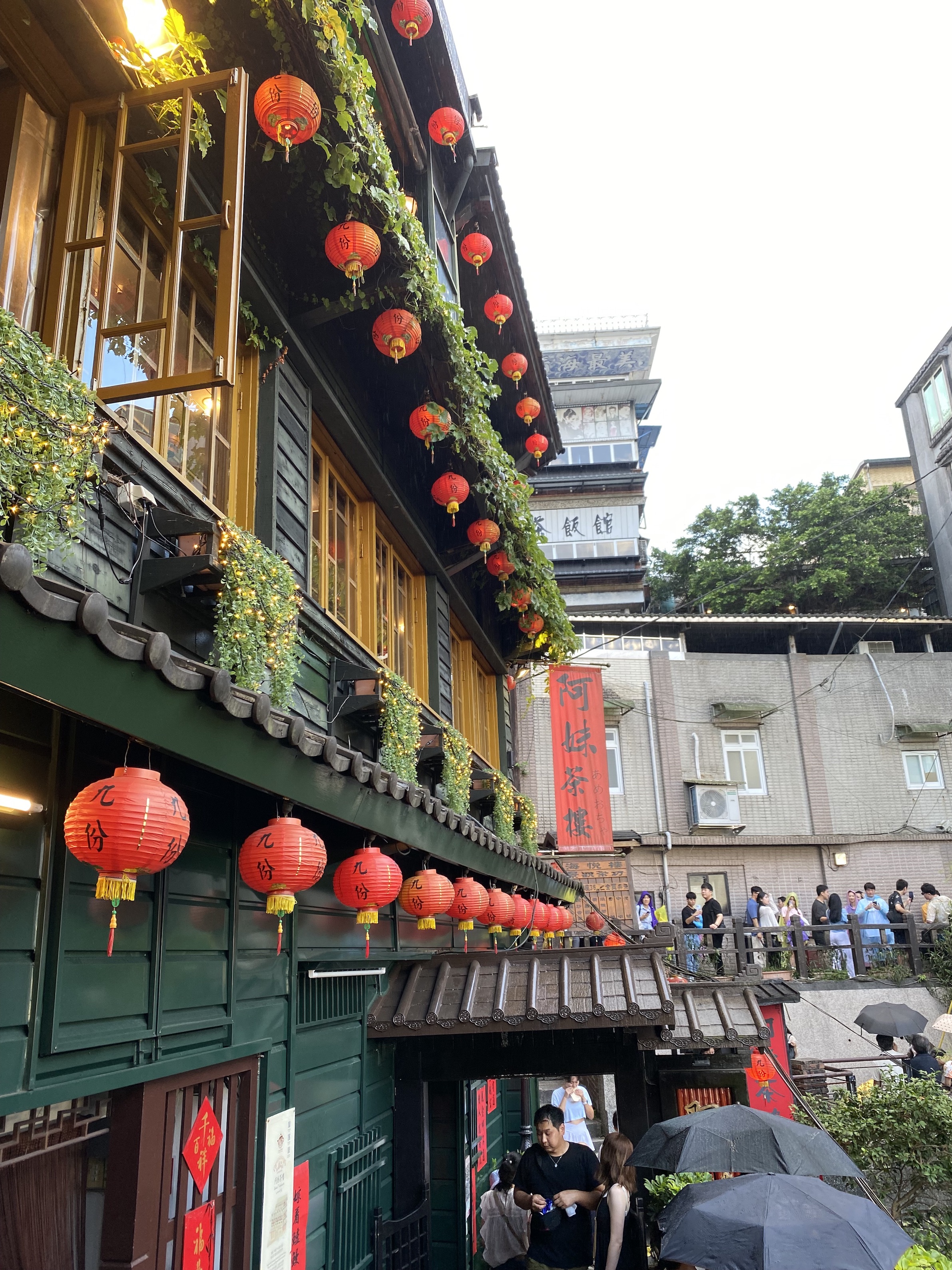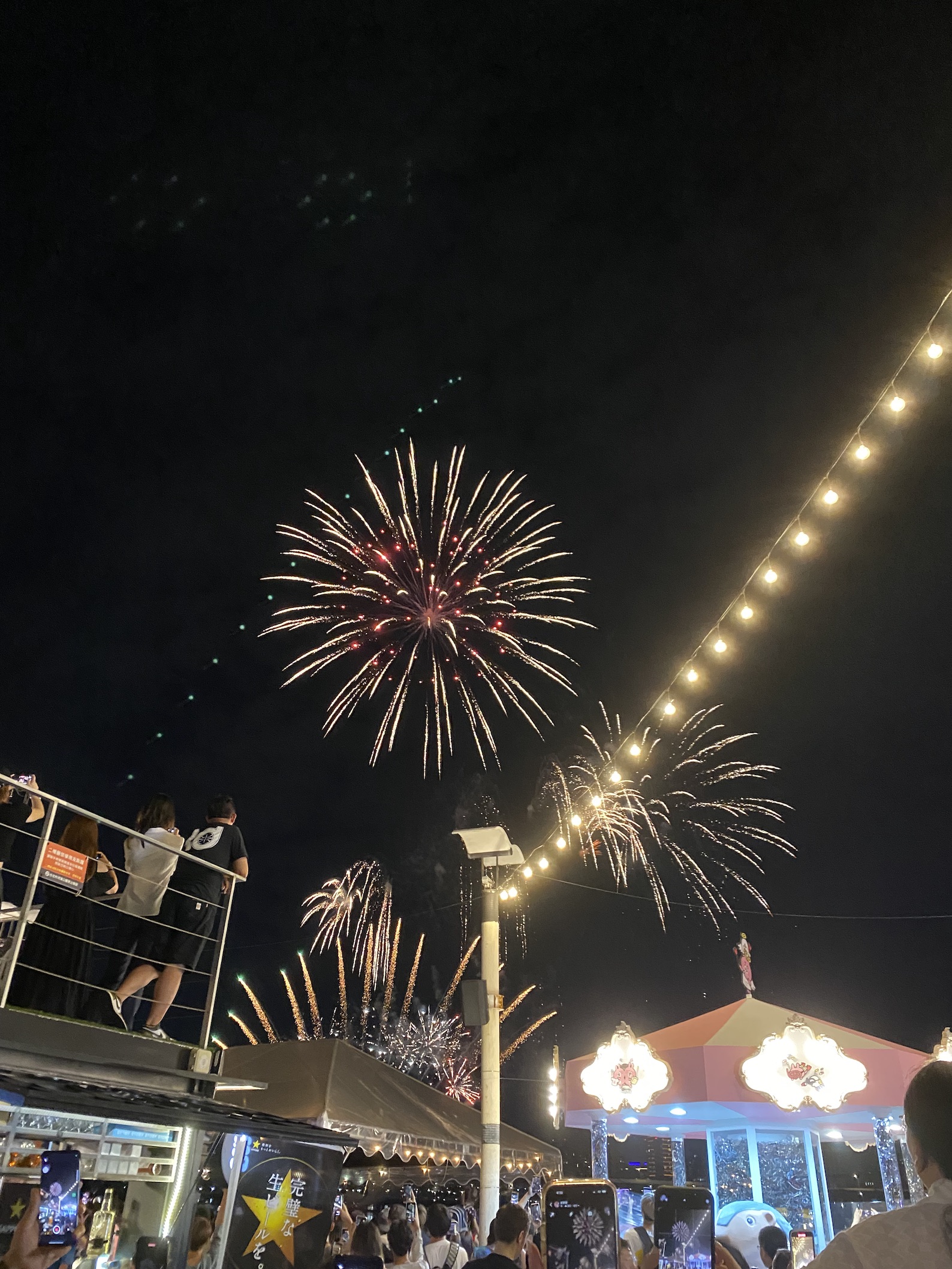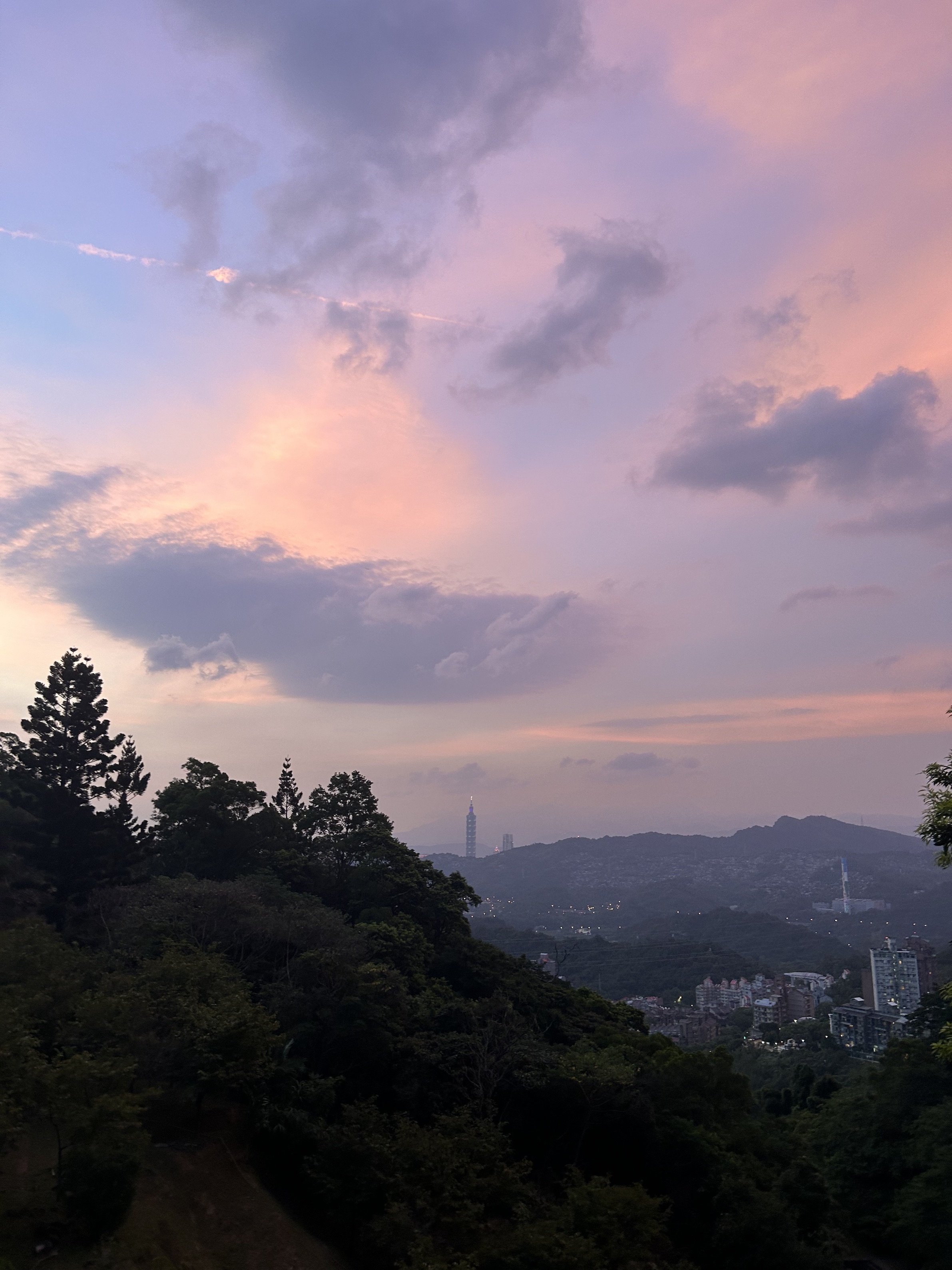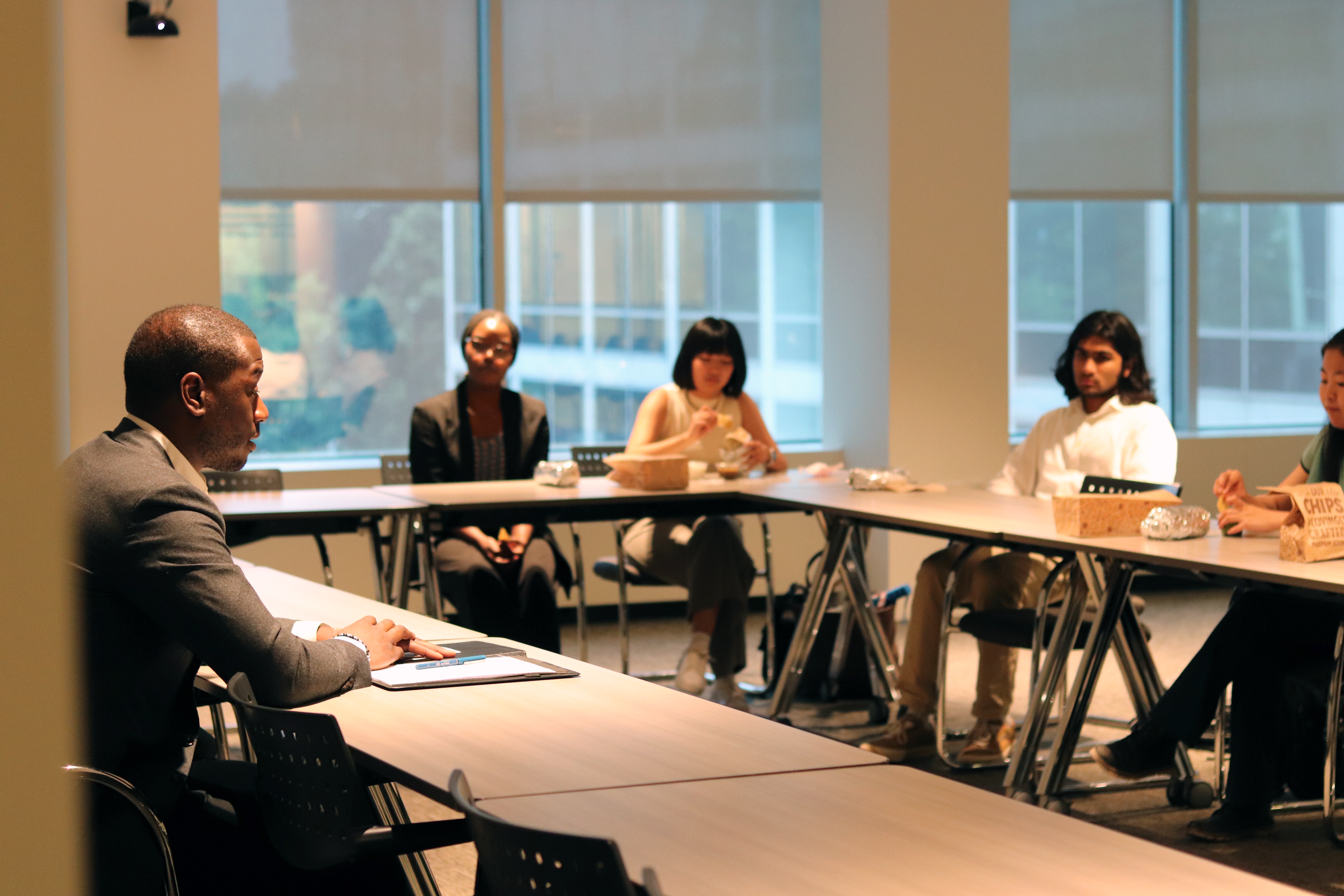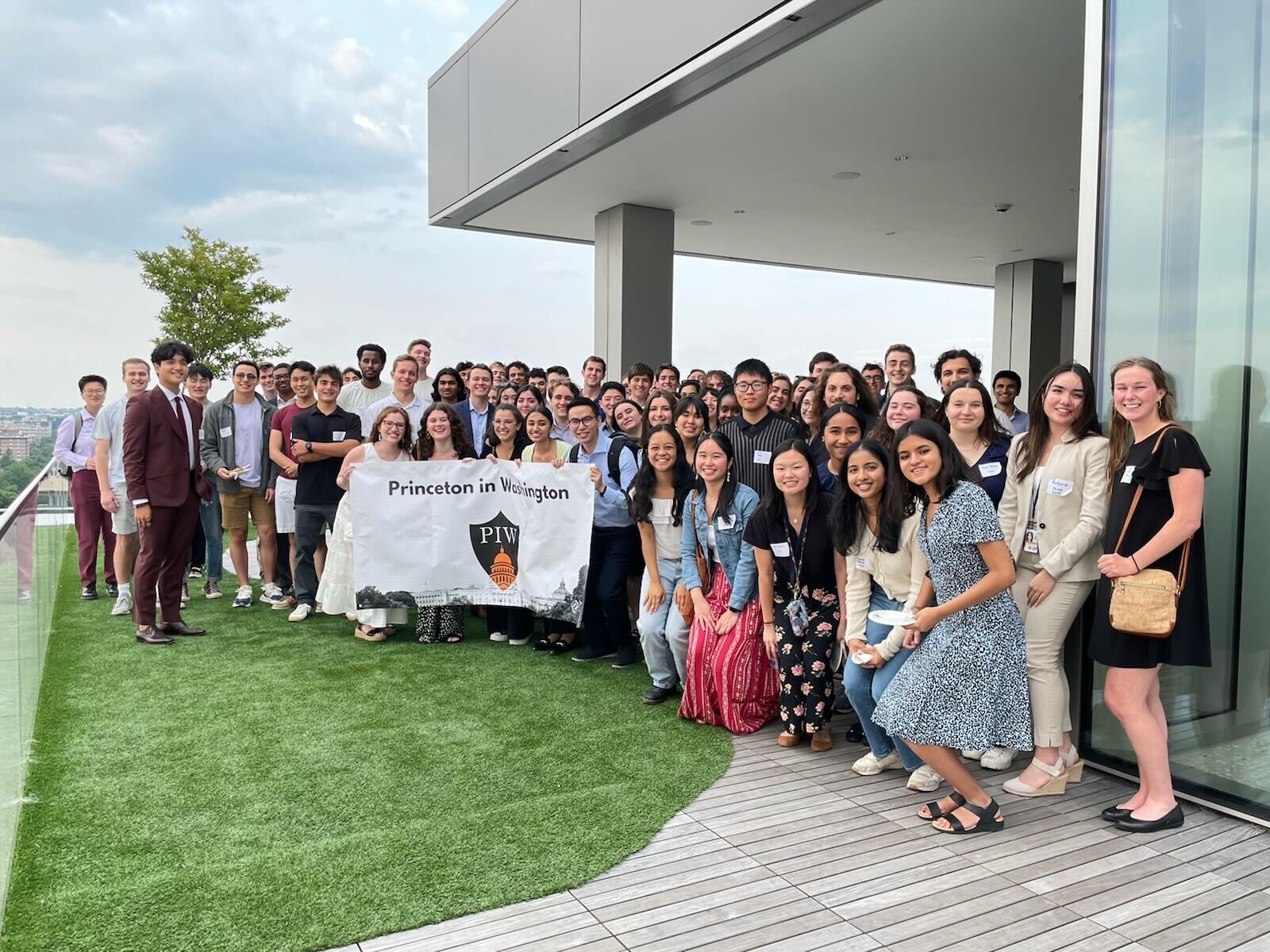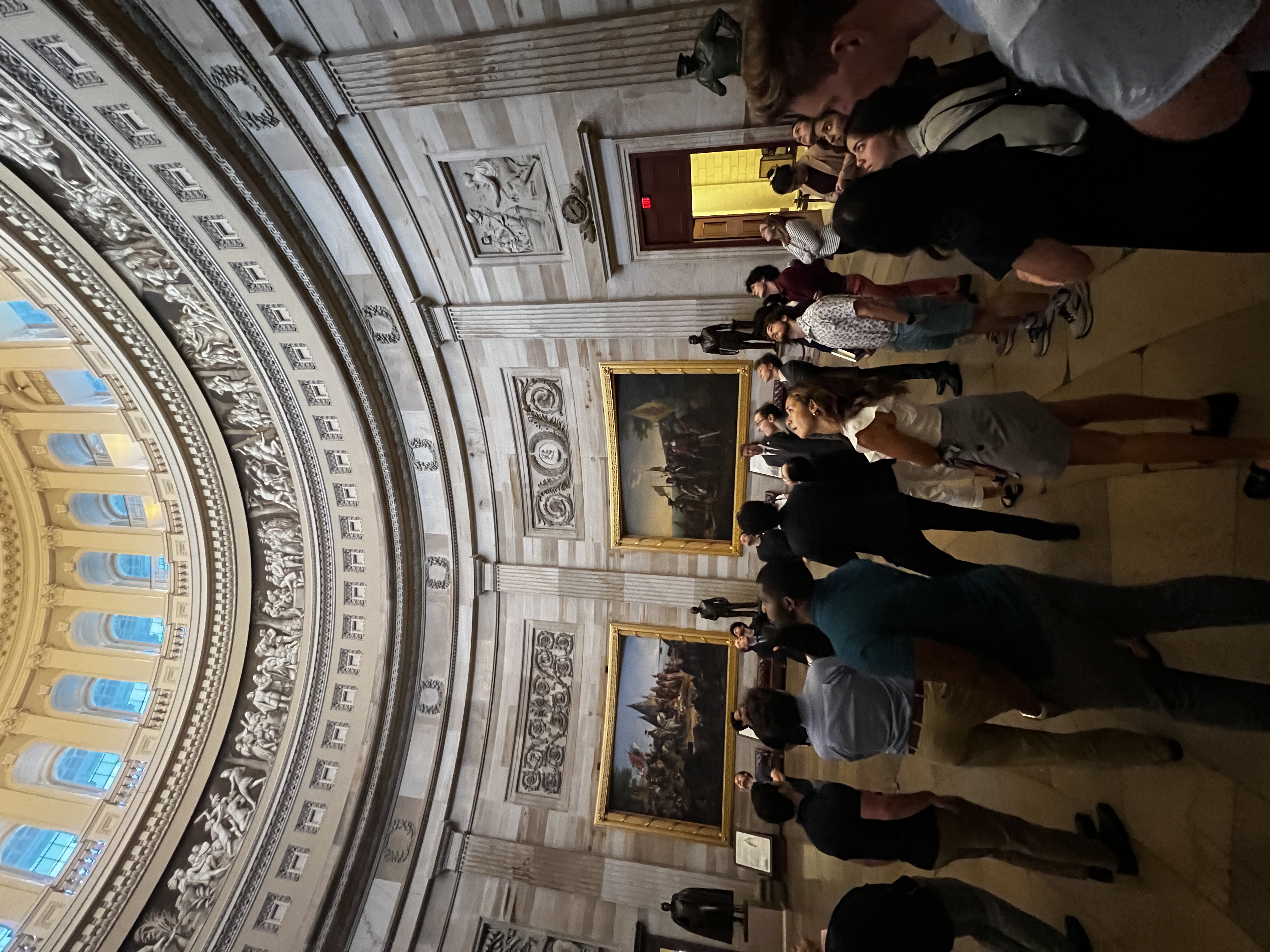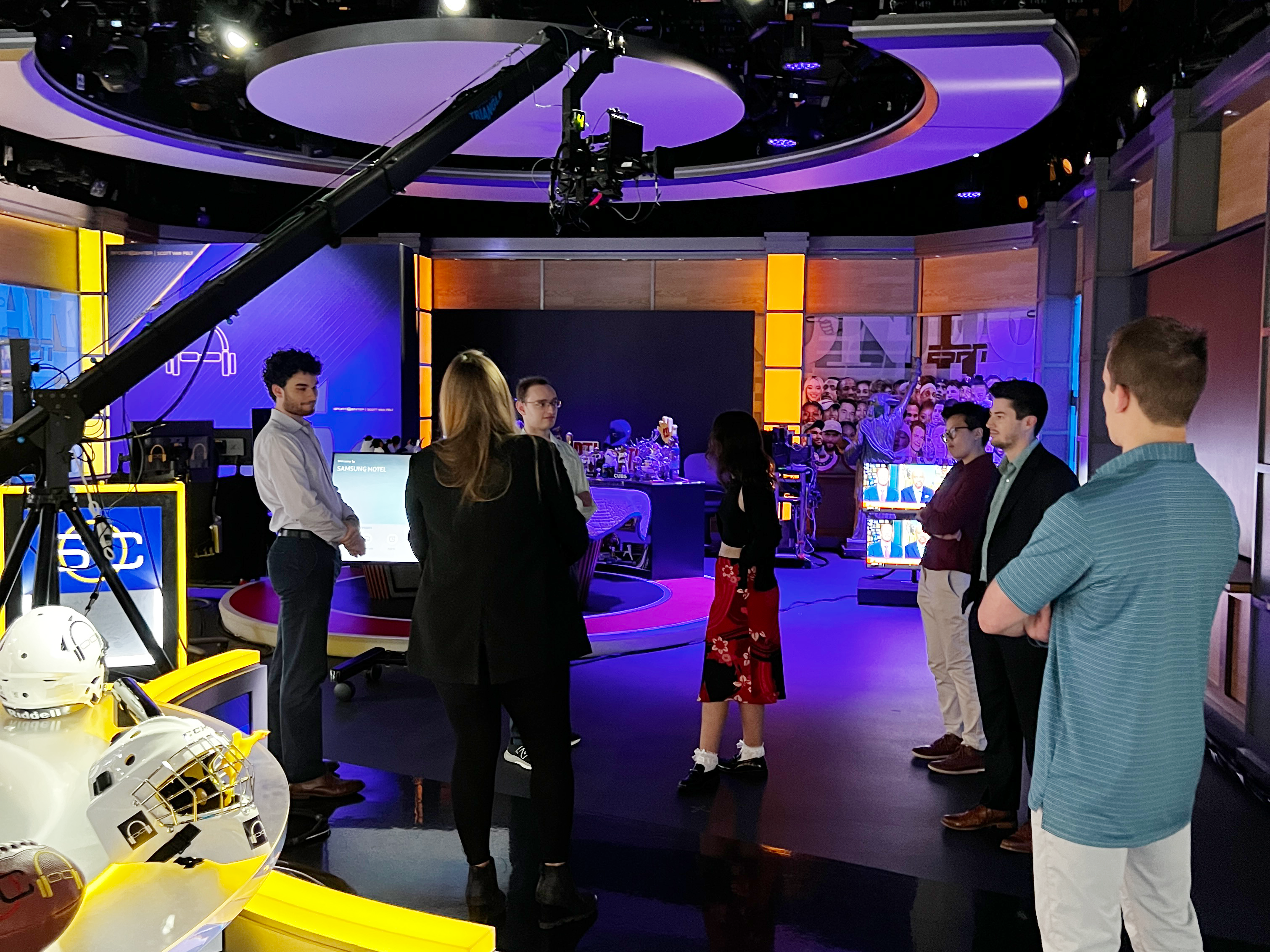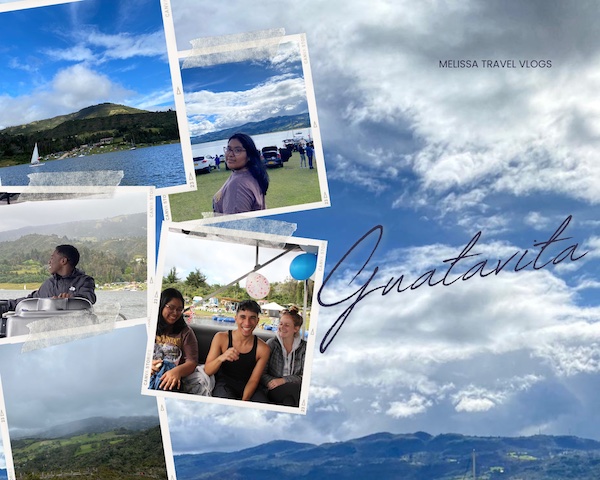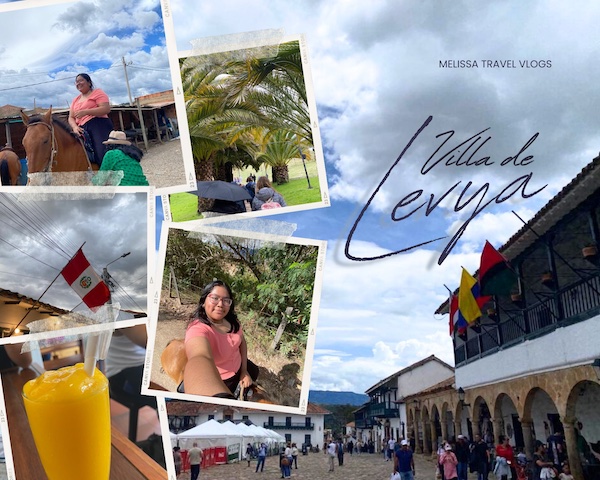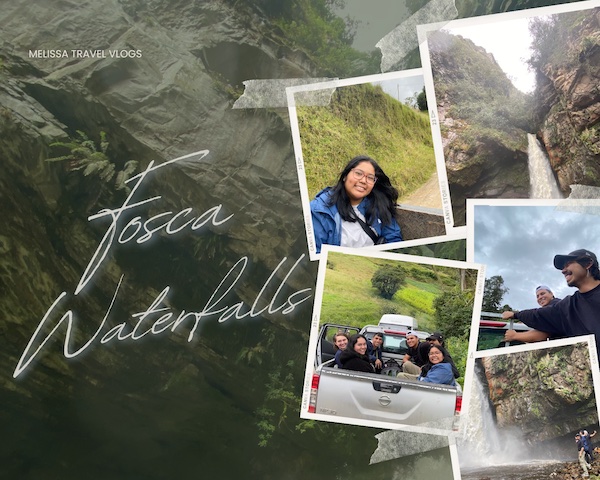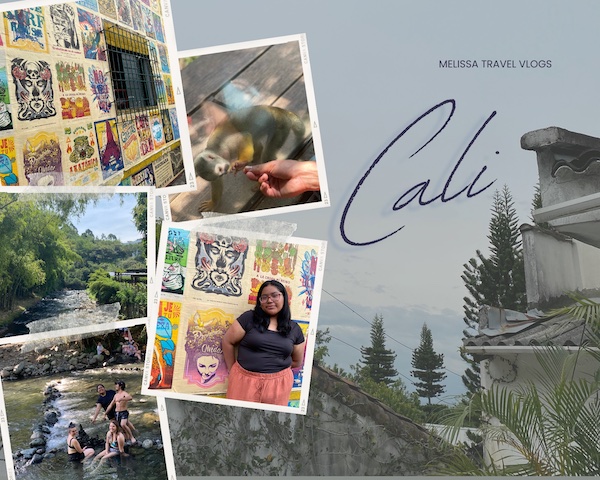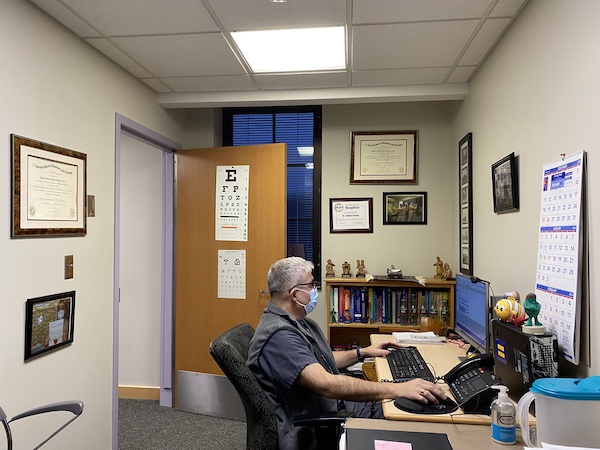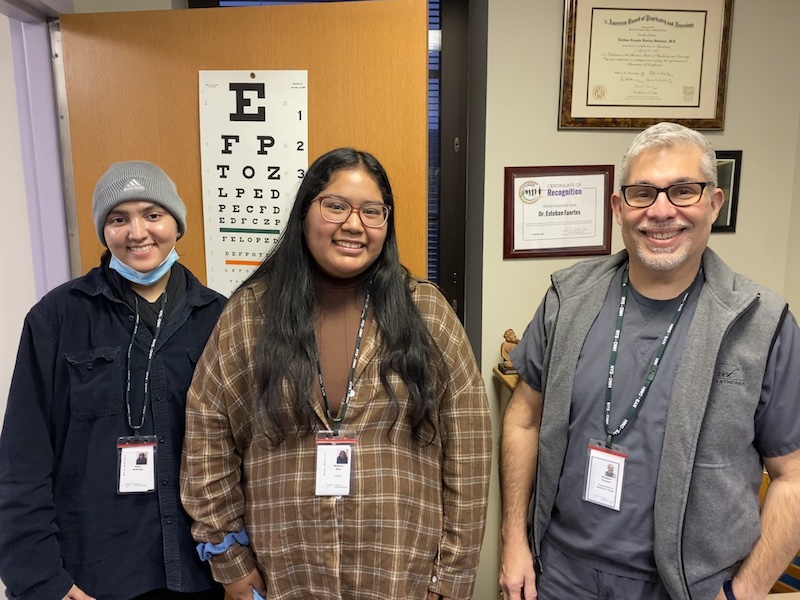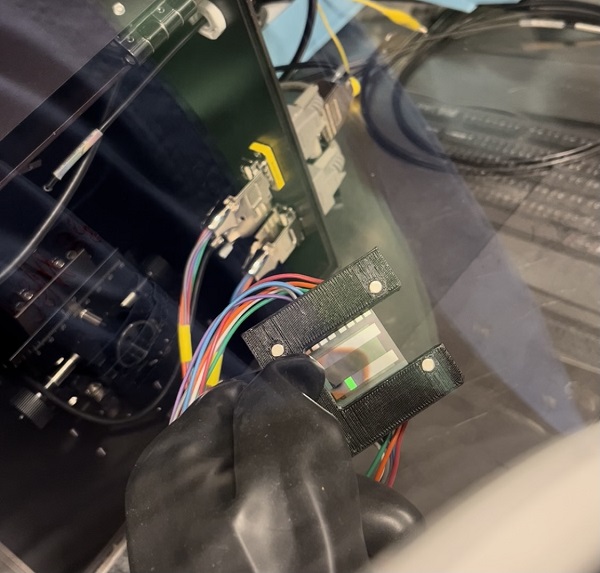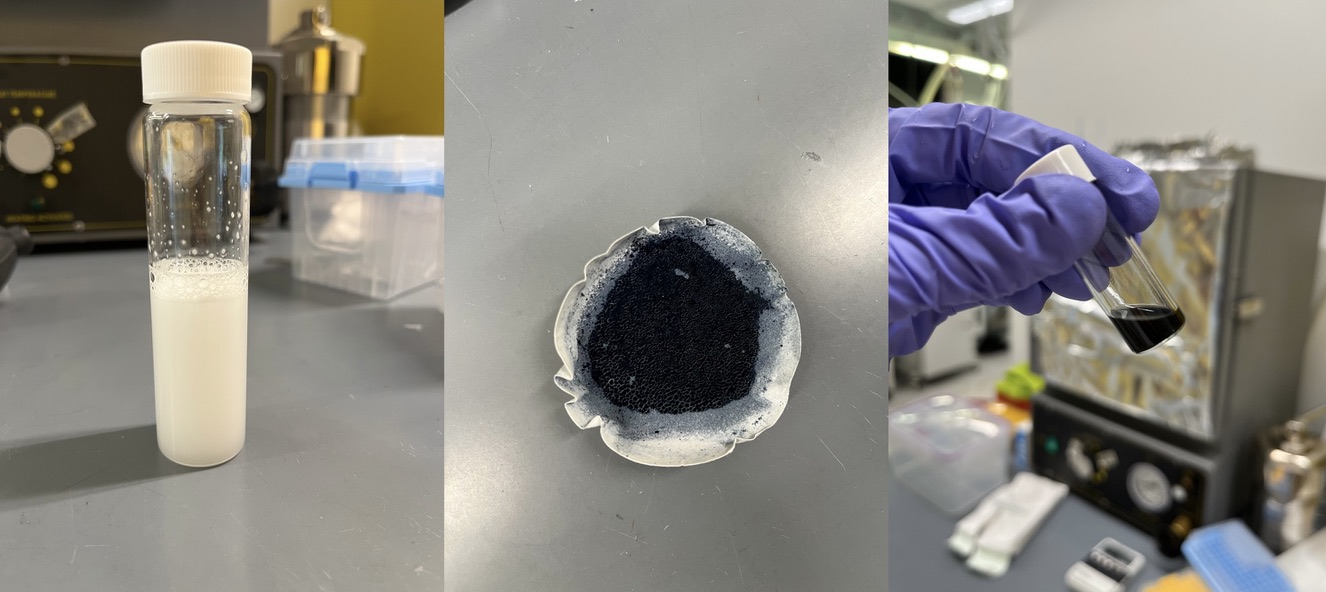Last summer, through Princeton’s International Internship Program (IIP) I interned at the social policy unit of the nonprofit think tank, Institute of Democracy and Economic Affairs (IDEAS) Malaysia. IIP funds students to intern for 8 weeks at a partner organization in over 50 countries. As this was my first ever internship and my first time in Malaysia, I was very excited about the opportunity. However, as I was the only intern at IDEAS from Princeton, and this was my first time living alone abroad, I was also quite nervous going into my internship.
When I first arrived in Kuala Lumpur, I had a few days before my internship began, so I decided to travel around to see local attractions. One particular site that I remember fondly was the Batu Caves, a Hindu temple located inside a cave system with 200 steps leading up to it. Next to the stairs is the largest statue in Malaysia, the gold and monumental Murugan statue. I remember trekking up the steps and being surprised at the number of monkeys accompanying me on my journey up. I also remember having a refreshing sip of coconut water around the base of the caves and being excited by the lively energy of the site – a great representation of my time in Kuala Lumpur as a whole.
When I started my internship, I was excited at the sheer breadth of research opportunities I was presented with. I was primarily tasked with conducting data collection and drafting a paper on youth unemployment in the ASEAN region, transcribing interviews, editing case studies, conducting qualitative research, and writing summaries of other academic research. I particularly enjoyed the travel opportunities that were a part of my internship at IDEAS: visiting Malaysia’s Ministry of Health to take notes during the launch of a paper on breast cancer, and traveling to Gua Musang to conduct a workshop on Orang Asli education. The Orang Asli are the Indigenous peoples of Malaysia.
Beyond the travel for my internship, I also had time for some personal travel on the weekends, venturing around Malaysia and Southeast Asia. I went to Penang, and was particularly amazed by the Kek Lok Si temple, a massive Buddhist temple complex that affords a great view over Georgetown, the main town in Penang. I also went to Melaka, and traveled down the river that runs through the town. I was also able to visit my friend in Hanoi, Vietnam and there I tried what is now my favorite Vietnamese dish: bun cha.
Speaking of trying new food, interning in Kuala Lumpur exposed me to some delicious Malaysian cuisine. I distinctly remember trying char kway teow at Little Penang Cafe at Kuala Lumpur City Center with my friend and loving the spicy, crunchy, savory taste of the dish. I also tried banana leaf, a dish where an assortment of rice, vegetables, curry and meats are laid on a banana leaf. I also had many different types of drinks including teh tarik, a sweet tea drink, bandung, a milky rose syrup drink, and some of the best matcha lattes I have ever had!
Although this experience placed me severely out of my comfort zone, as I had to navigate a new culture and country whilst working, I also loved my internship experience. I grew professionally and became great friends with my co-interns. I am so grateful to have had the opportunity to complete an IIP and want to highlight how Princeton offers professional and cultural options for all students – no matter your previous experience. I cannot wait to visit Kuala Lumpur again.







